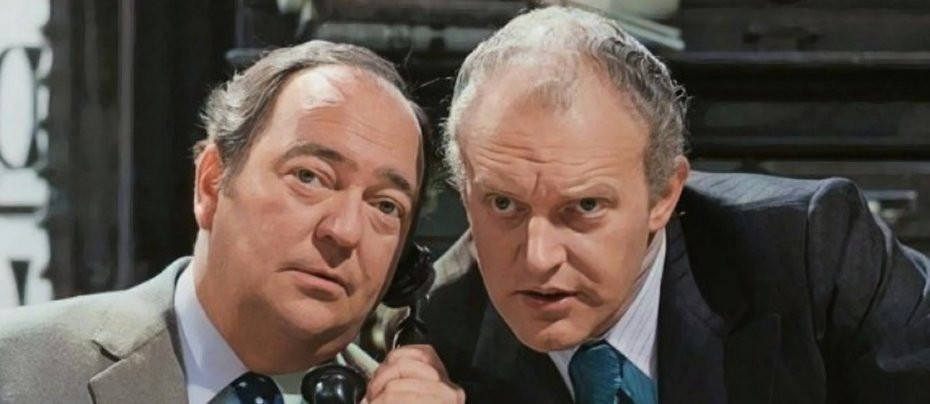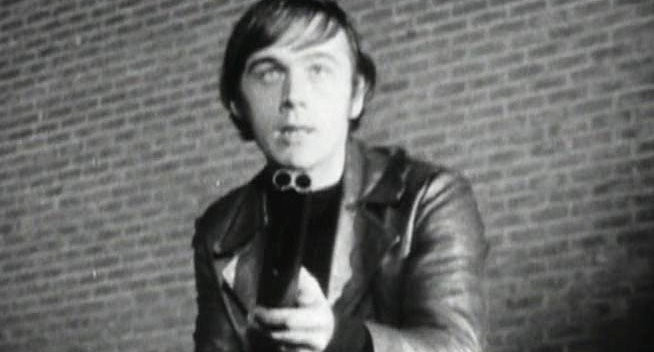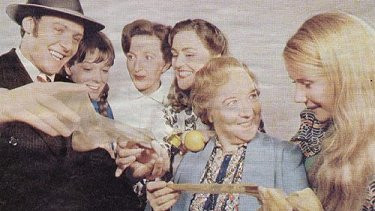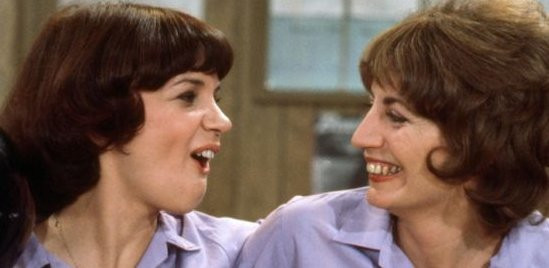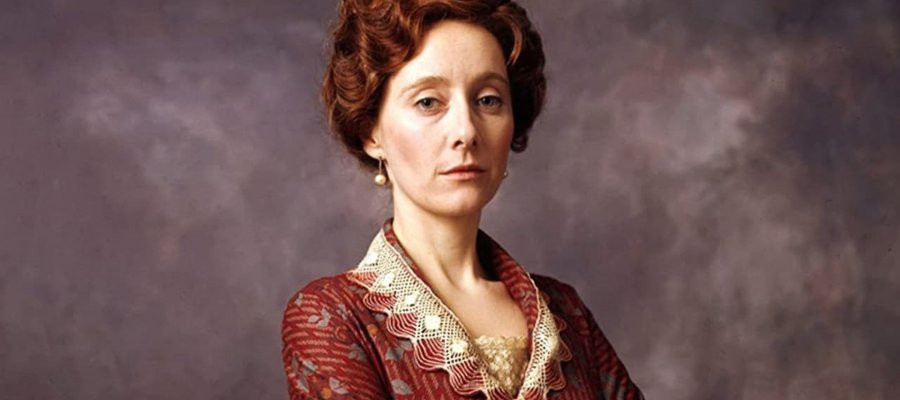
The Duchess of Duke Street
1976 - United KingdomThe Duchess of Duke Street stands as a gem of the period costume drama executed so well on British television—rich in character, quietly subversive, and evocative of a bygone age. Set in Edwardian London and loosely based on the life of Rosa Lewis, a formidable kitchen maid who rose to become manageress of the Cavendish Hotel, this two-series drama charts the remarkable rise of Louisa Trotter (née Leyton), played with steely grace and conviction by Gemma Jones.
Louisa is introduced to us as a down-to-earth Cockney girl with an indomitable spirit and fierce ambition. Upon entering service as an assistant chef to the temperamental Monsieur Alex (George Pravda) in the household of Lord Henry Norton (Bryan Coleman), her fate takes a dramatic turn. When the Prince of Wales (Roger Hammond) arrives unexpectedly for dinner, Louisa steps into the breach and wins his admiration—not just for her cooking, but for her poise and presence.
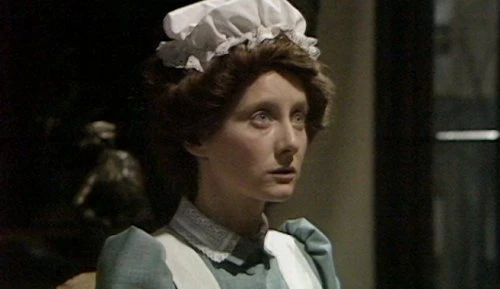
Though a romantic relationship with a single woman would have been scandalous, the Prince (through his supporters) orchestrates Louisa’s marriage to the affable but unremarkable Gus Trotter (Donald Burton), thereby securing her respectability and providing the financial means for the couple to acquire the Bentinck Hotel at 20 Duke Street. It’s a turning point that sets Louisa on the path to becoming a celebrated figure in London society—though not without personal cost.
When her ill-fated marriage crumbles, Louisa finds herself drowning in debt until the dashing Charlie Tyrell, aka Lord Haslemere (Christopher Cazenove), steps in to save the Bentinck. Their complex, enduring relationship leads to Louisa’s secret pregnancy and the birth of her daughter, Lottie, who is spirited away to be raised in the countryside—an emotionally charged subplot that adds further poignancy to Louisa’s stoic public face.
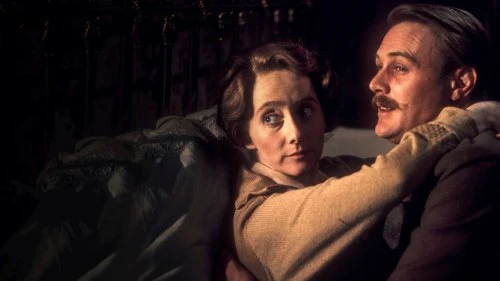
While comparisons to Upstairs, Downstairs are inevitable—and fair, given that its producer, John Hawkesworth, created The Duchess of Duke Street—this series distinguishes itself with its singular focus on a female protagonist determined to shape her own destiny in a world that offered precious few such opportunities.
Jones's performance as Louisa is the beating heart of the series. She conveys not only the character's practical tenacity and entrepreneurial flair but also the emotional cost of her choices. The supporting cast, particularly Cazenove as her conflicted lover and Pravda as the irascible chef, lend further depth to what could have easily become a simple rags-to-riches tale.
Sumptuously produced, with finely observed scripts and period detail that never overindulges, The Duchess of Duke Street remains a standout piece of television drama. It’s a compelling portrait of resilience, sacrifice, and the complex dance between personal desire and public expectation. For anyone with a love of period pieces or strong female leads, it remains essential viewing.
Seen this show? How do you rate it?
Seen this show? How do you rate it?
Published on December 8th, 2018. Written by Laurence Marcus for Television Heaven.


